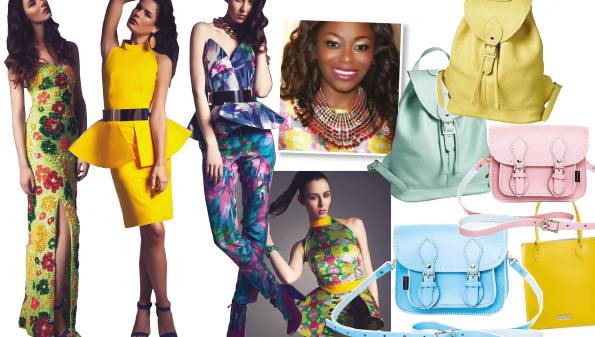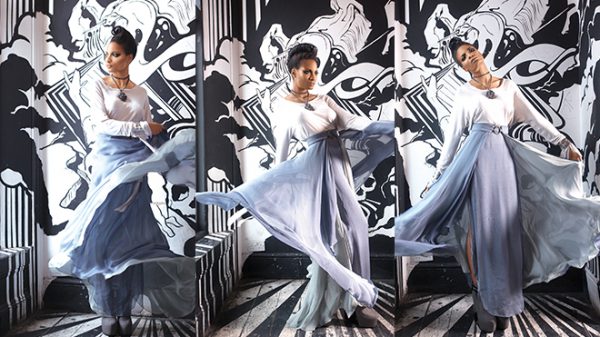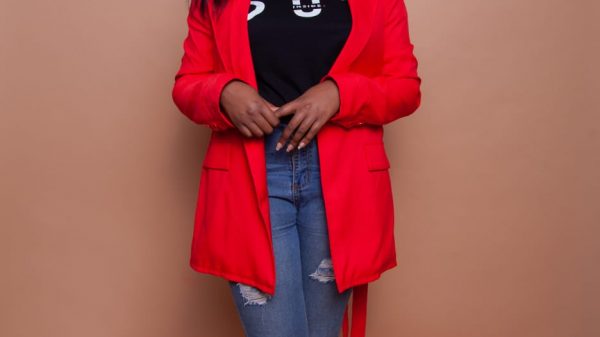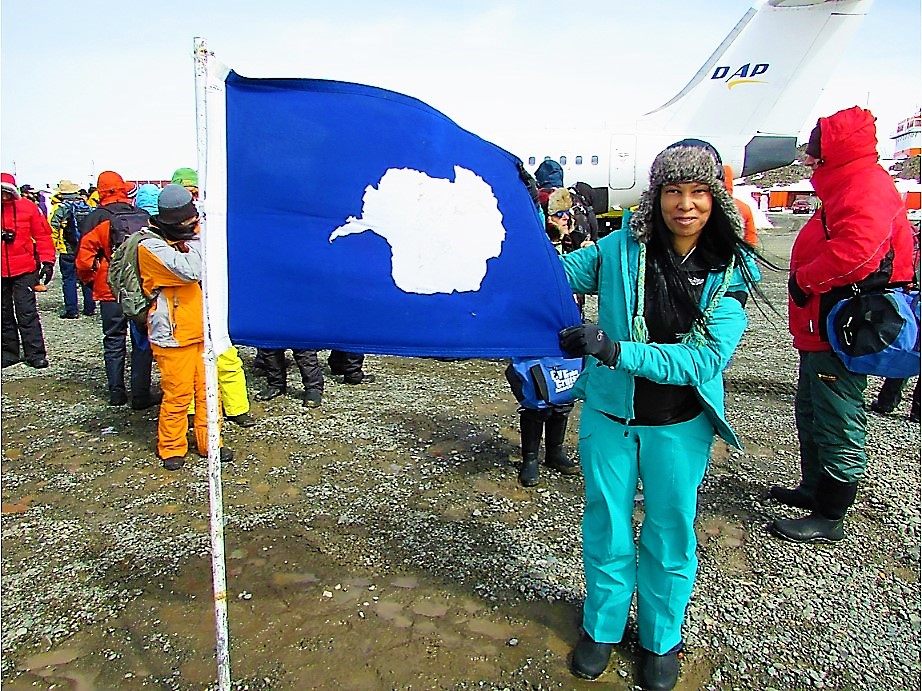Though summer is a season that is meant to inspire us all to ‘live our best lives’ and show off our melanin to the fullest, for many black women, the idea of revealing more skin is a daunting one…
All year long, it seems as if everyone is waiting for the days to get longer, the sun to shine brighter and the weather to warm right up. That’s right – summer time, the assumed favourite time of the year for most people for its wealth of opportunities for fun and freedom.
People feel inspired to try new activities, say ‘yes’ to random invitations, and even dress in a way that they wouldn’t at any other time of the year – and that can be exciting! But for some, it is the start of a few months of maneouvering ways to stay as covered up as possible, due to imperfect skin.
Now, of course, we know that no-one’s perfect – there are enough positivity campaigns and song lyrics that do their best in instilling this positive outlook on embracing our flaws. But when it comes to black skin, there seems to be a long way to go. According to most beauty campaigns, as well as historical reinforcement from peers and family, black skin is beautiful – as long as it’s clear, blemish-free and smooth. Because of this assumption, some people whose skin doesn’t fit into these categories feel as if they fall short, or feel some embarrassment if their skin doesn’t fit the narrative of beauty we’ve been taught.
Personally speaking, getting my legs out in the summer is always a matter of forward thinking: I have scars from a clumsy childhood all over my shins, and as much as I’d love to wear shorts and skirts without a care in the world, you can pretty much guarantee that I will have applied foundation all over my skin to mask the darkened scratches and random shapes that adorn my legs.
Though I’m guilty of worrying what others might think of my bare legs when they’re on show, the more I asked around, the more I discovered that I wasn’t alone…
The summer panic
This idea of the summer months causing people to think more acutely about the look of their skin is something that aesthetician, and founder of online resource Black Skin Directory Dija Ayodele can attest to, as she consistently notices an increase in queries about skin as summer approaches.
‘One example has to do with hyperpigmentation and scarring,’ she begins. ‘When it gets to this time of the year, especially when makeup trends are all about bare, glowing skin, as well as some makeup feeling suffocating in the summer, a lot of people feel like they don’t want to wear as much coverage – they want their skin to be flawless.’
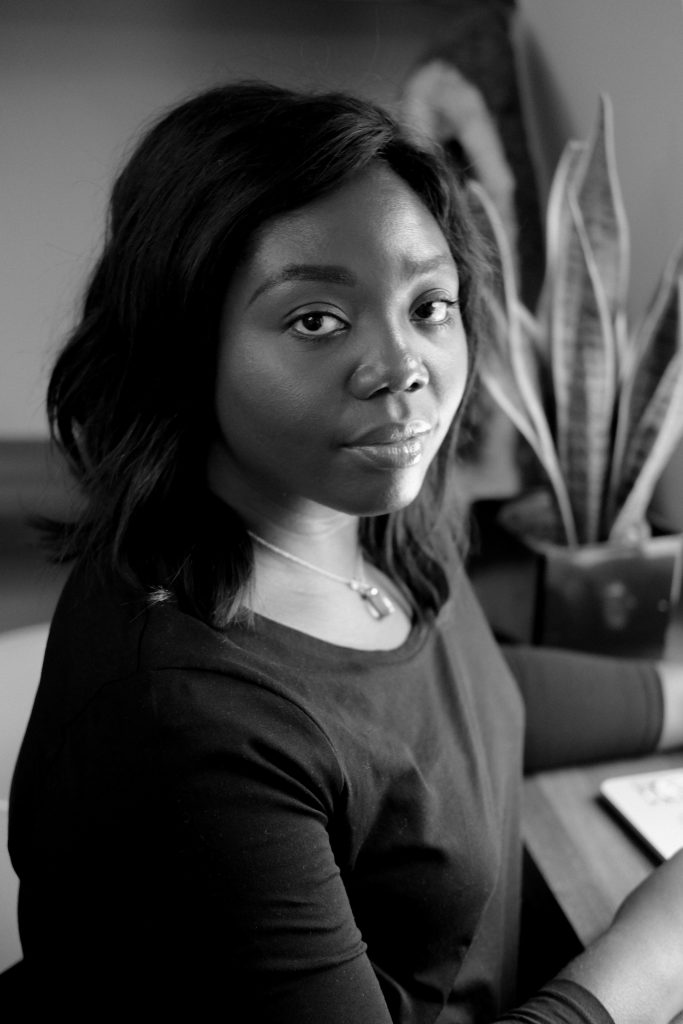
Other skin queries include melasma, which she describes as ‘patches of discolouration that is hormonal but can be sun-induced’; and keratosis pilaris – ‘informally called ‘strawberry legs’, or ‘chicken skin’, Dija defines it as ‘bumpiness on the back of your arms and the back of your thighs, caused by dead skin cells.’
Ronke, a personal assistant living in Amsterdam, remembers first feeling self-conscious about her ‘strawberry legs’ when she was in primary school, showing just how early these seeds of skin insecurity can be planted.
‘My mum always gave me long socks to wear with my school uniform,’ she tells me. ‘She was the one who first drew attention to my legs, and I thought there was something wrong with me. One time, I was at a friend’s birthday party, and I was wearing shorts with short socks, and my leg must’ve rubbed against hers somehow, and she said, “Your legs are really hard – they’re not smooth like mine!” And that kind of stuck with me for a long time, and I felt really self-conscious.’
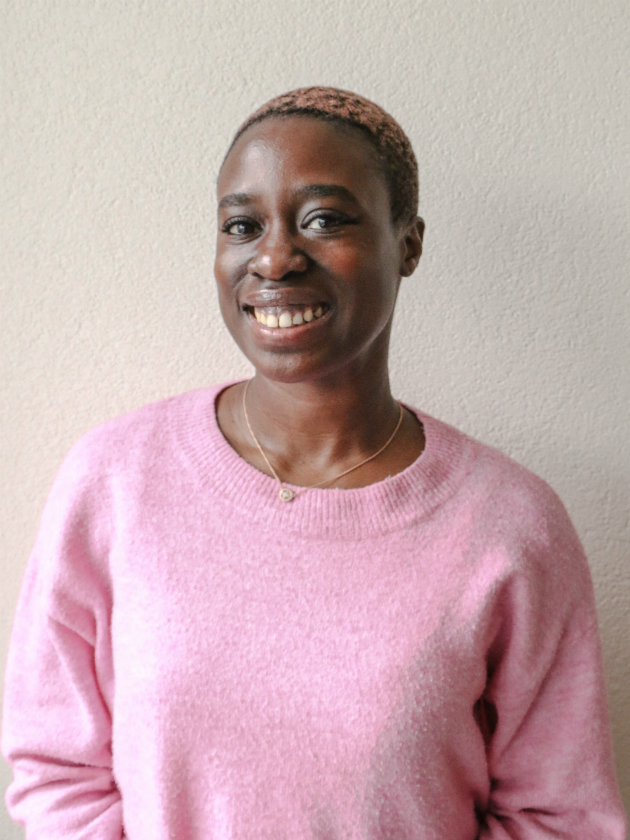
Though not an uncommon feature, keratosis pilaris is a skin issue that causes a dull, greying effect on the skin and can be a source of embarrassment for some people who have it.
Magic solutions and cover ups
For black women who’ve noticed inconsistencies in their skin tone, they’ve often spent a lot of time thinking of quick fixes to get rid of these natural skin effects – as well as spending money on the tools to make it happen. Sheila, an events organiser and podcaster, has patches of darker skin on her body, and it’s made her more hesitant to wear certain items of clothing.
‘If I wanted to wear shorts, the backs and inner parts of my thighs might be darker than the rest of my legs and arms,’ she says. ‘Sometimes it makes me feel a bit self-conscious… For a long time, especially when I was younger, I thought I was the only girl who had discolouration on certain parts of my body.’

As a teenager, her concern about these darkened skin areas inspired her to try a number of remedies to change it, including well-publicised scar oils, and unregulated methods such as at-home microdermabrasion, inadvertently harming her skin. However, a combination of speaking to her friends, and seeing examples of skin diversity on the social sharing site Tumblr, has helped her to come a long way.
‘I’d say I’m at about 80% confidence nowadays, when it comes to showing skin,’ she admits. ‘Discolouration on certain parts of my body do play on my mind in summer, but I don’t worry about it as much as I used to; I’ve found ways to navigate with whatever insecurities I have.’
“A lot of black women make themselves uncomfortable to fit into summer expectations; to have that ‘look’”
This feeling of rallying through insecurities is not one unique to Sheila: I also spoke to Rejoice, who also has experience with discomfort in the summer due to skin worries, and has done her fair share to either cover up, or change her skin.
‘I have quite a bit of hyperpigmentation on my neck, and because I don’t want people to see it I’ll wear longer hair – even though in the summer, I’m really hot because the hair is all over my skin, and I’m sweating,’ she tells me. ‘I feel like a lot of black women make themselves uncomfortable to fit into summer expectations; to have that ‘look’.’
In Rejoice’s case, having darkness around her neck affects her most directly in the summer, as seasonal fashion as well as comfort leads to her clothes exposing more of that area. Though she’s now learning to embrace it more, she has gone through her fair share of cover-up experiments from keeping the world from seeing this darkened skin.
‘When I first started noticing it, about three years ago, I’d get some of those sheer scarves and tie it around my neck in the summer. It seemed like it was a look I was going for, but I was doing it because I didn’t want people to comment on it. Or, I feel like I have to buy and use tinted moisturiser so that I can put it on my neck to cover up the darkness, so that it will blend in with the rest of my body.’
The more you know
In many cases, knowing that discolouration and other skin complaints are natural can help you to feel at peace with it, and can lessen the fear that surrounds showing it in public.
For Black Skin Directory boss Dija Ayodele, providing a database of information is a way for black people and others with darker skin to learn more about matters that aren’t frequently covered in mainstream skin discussions, as well as dispelling harmful myths about darker skin – a major one being that black skin doesn’t need sun protection.
‘Clinical evidence shows that darker skin demographic is less likely to develop skin cancer, but yet have a higher mortality rate than Caucasians,’ she explains. ‘This is not a fact that many people are aware of and is due to various reasons ranging from a lack of engagement with skin health messaging around sun protection to health professionals and research focusing more on the white population, where skin cancer rates are higher, to suncare brands being slow to adequately market to darker skin tones.’
With Black Skin Directory focusing largely on the promotion of sun safety for darker skin this year, it will hopefully do a great deal in publicising this important message. When it comes to more personal interactions, however, it’s still important for those with dark skin to talk about their experiences, to make us feel less alone.

Both Rejoice and Sheila are hosts on the 4Elements Podcast, where they have the space to discuss all matters of topics that relate to black women – insecurities and all. For Rejoice, it was having an open discussion with another friend that helped ease her worries about her summer skin annoyance: ‘One of my friends spoke to me about my darker neck area because she has it too, and she said it’s normal to have a darker ring around your neck – it happens sometimes, and it has nothing to do with cleanliness, or needing to scrub your neck more.
‘Having conversations like this helps to normalise it, but they don’t happen often enough. We talk about how to improve our skin, and how to get closer to that ‘perfect’ look but no-one talks about just living with skin imperfections, and admitting that they exist. Now I feel better about it because I know it’s not something wrong with me – it’s just how black skin can work.’
Black skin is beautiful – even if it’s not as unblemished, or as clear as popular culture dictates beauty is. So let this summer be a time where we embrace the look of our skin, no matter how it is – if we’re all feeling it, what’s the point in hiding ourselves away?
For more information about issues that affect black skin, head to blackskindirectory.com.
























